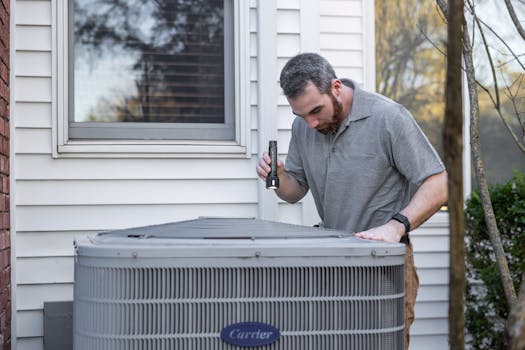
The seemingly simple question – should H-1B visa holders buy a house in the US? – has ignited a fiery debate on Reddit, sparking widespread discussion among immigrants, real estate professionals, and financial advisors alike. The viral post, which has garnered thousands of comments and shares, highlights the complex interplay of financial aspirations, immigration status, and the ever-shifting landscape of the US job market. This article delves into the arguments for and against homeownership for H-1B visa holders, exploring the risks and rewards in the context of recent economic uncertainty.
The H-1B Visa: A Landscape of Opportunity and Uncertainty
The H-1B visa, designed for highly skilled foreign workers in specialized occupations, is a pathway to success for many. However, it’s also characterized by a certain degree of precariousness. The visa's three-year initial term, coupled with potential extensions, creates a unique set of challenges when it comes to significant financial commitments, such as buying a house. The unpredictable nature of employment in the tech sector, a major recipient of H-1B visas, further complicates the decision. Recent layoffs in the tech industry have only amplified anxieties surrounding job security for H-1B holders.
Key Considerations for H-1B Visa Holders Considering Homeownership:
- Visa Status and Renewal: The most significant factor. A change in employer or a failure to secure visa renewal can lead to immediate housing challenges. Foreclosures and the associated legal and financial ramifications can have severe consequences, potentially impacting future immigration applications.
- Job Market Volatility: The tech industry, a primary source of H-1B employment, has shown increasing volatility in recent years. Layoffs are not uncommon, and even successful professionals can face unexpected job losses.
- Financial Stability: A stable financial foundation, including a substantial down payment, emergency fund, and consistent income exceeding mortgage payments, is crucial. The cost of homeownership in popular tech hubs like Silicon Valley and Seattle adds another layer of complexity.
- Interest Rates and Mortgage Availability: Fluctuating interest rates and stricter lending criteria for foreign nationals can impact mortgage approval and overall affordability.
- Tax Implications: Understanding US tax laws related to property ownership and potential tax benefits for homeowners is essential.
The Reddit Debate: Weighing the Pros and Cons
The viral Reddit thread showcases a wide range of opinions, with many users sharing personal experiences and financial advice. Arguments in favor of homeownership generally center on the long-term financial benefits of building equity and the stability of owning a property, particularly in a location with rising property values. Many commenters highlight the potential for appreciation and the opportunity to create a stable home base for their families.
Conversely, the arguments against homeownership focus on the inherent risks associated with the H-1B visa's temporary nature. Several commenters emphasize the potential for significant financial loss in case of job loss or visa denial, highlighting the potential for foreclosure and the negative impact on future immigration prospects. The unpredictable nature of the US job market, especially for those in specialized fields, is frequently cited as a major deterrent.
Key Arguments from the Reddit Discussion:
- Pro-Homeownership: Long-term investment, building equity, financial stability, creating a home for the family.
- Anti-Homeownership: Risk of job loss, visa denial, potential foreclosure, financial instability, difficulty selling quickly if needed.
Navigating the Decision: Expert Advice for H-1B Visa Holders
Financial experts and immigration lawyers offer crucial guidance for H-1B holders considering homeownership. They emphasize the importance of thorough financial planning, including:
- Emergency Fund: Having a substantial emergency fund, ideally covering 6-12 months of living expenses, is crucial to mitigating the risk of job loss.
- Stable Employment History: A consistent and demonstrable employment history strengthens mortgage applications and demonstrates financial stability to lenders.
- Consult with Financial Professionals: Seeking advice from financial advisors specializing in immigration and real estate is highly recommended.
- Consider Rental Options: Weighing the pros and cons of renting versus buying, and understanding the financial implications of both options, is vital.
- Legal Counsel: Consulting with an immigration lawyer can help assess the risks associated with homeownership and provide clarity on immigration-related concerns.
The Future of Homeownership for H-1B Visa Holders:
The recent Reddit debate underscores a growing concern amongst H-1B visa holders. The intersection of immigration policy, economic uncertainty, and personal financial aspirations presents a complex challenge. Navigating this requires careful consideration of individual circumstances, comprehensive financial planning, and a realistic assessment of the risks and rewards. While homeownership offers potential long-term benefits, the precariousness of the H-1B visa demands a cautious and informed approach. The ongoing evolution of immigration policies and the US job market will inevitably continue to shape the choices facing H-1B visa holders contemplating homeownership in the years to come. This is a discussion that will likely continue to evolve as the challenges and opportunities faced by H-1B visa holders continue to shape their financial decisions.



















